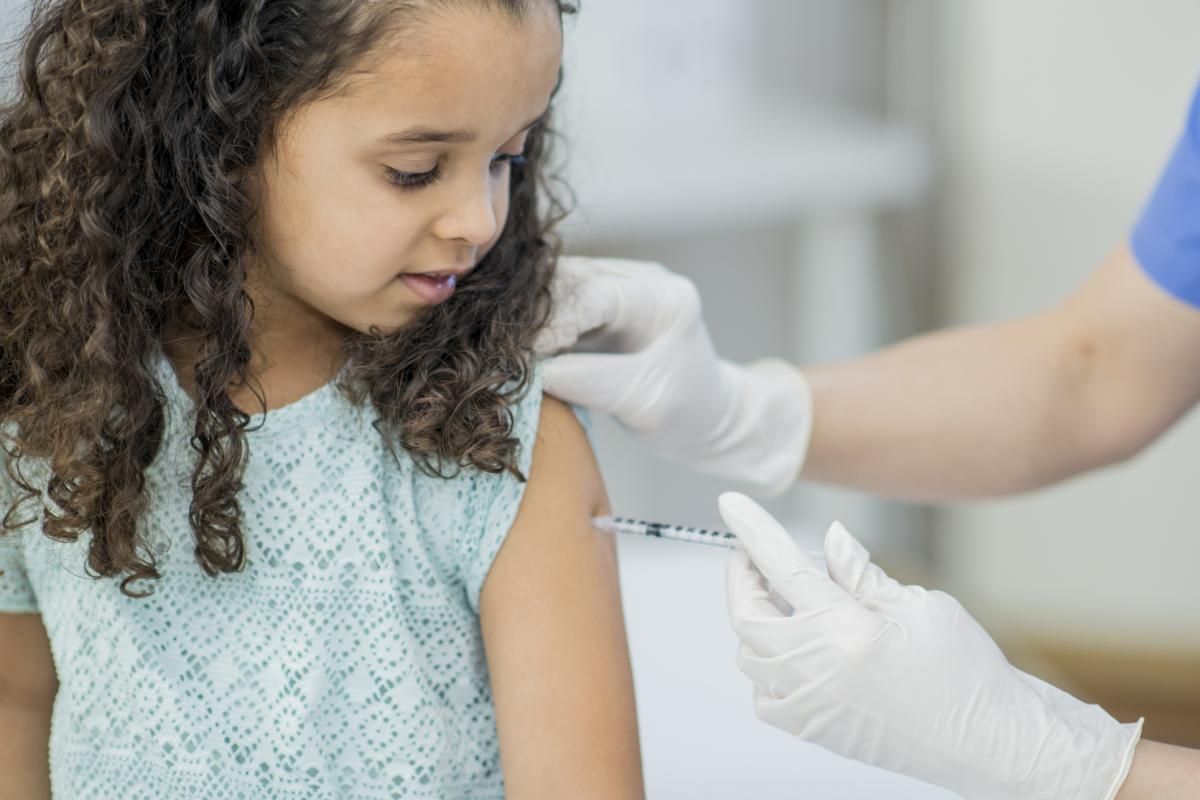How to protect you and your family from the measles outbreak

Measles cases have risen to the highest level in the United States since the highly contagious and potentially life threatening disease was eradicated in this country in 2000.
According to the Centers for Disease Control (CDC), there have been 1,164 cases of measles reported in 30 states since late July. This is the largest number of cases reported in the U.S. since the last outbreak in 1994.
Schedule an appointment with a primary care doctor now to make sure you and your family are protected. Call 800.922.0000.
This outbreak is primarily due to overseas travelers coming back to the United States and infecting people here who have not been vaccinated.

Countries such as Israel, Ukraine and the Philippines are currently experiencing large measles outbreaks. It is also common in other parts of the world, including Europe, Asia, the western Pacific and Africa. The western Pacific includes countries such as Australia, Cambodia, Hong Kong, Japan, New Zealand, Republic of Korea and Singapore.
Nebraska has had a good vaccination rate. But unfortunately, there are groups of people in various parts of our country that mistakenly believe vaccinations are harmful. And this just isn’t the case. There is no validity to a link between vaccinations and autism, and getting the disease due to the vaccine is extremely rare. The benefits of getting vaccinated far outweigh the complications and risks that can occur should you get the disease.
People need to realize the seriousness of this disease. It is one of the most contagious diseases in the world and can cause serious complications including pneumonia, permanent hearing loss, encephalitis or inflammation of the brain that can cause long-term brain damage and even death. The disease often has the direst consequences among children and the elderly.
Measles spreads through the air from coughing or sneezing. The virus can remain contagious on a surface for up to two hours. The CDC states that it is so contagious that if one person has the virus, 9 out of 10 people around him or her will also become infected if not protected.
Another problem with the disease is that it can take one to two weeks for symptoms to appear, so an infected person can spread the disease to others without even knowing it. Common symptoms include fever, cough, red, watery eyes and a rash.
To protect against the virus, children should receive their first vaccination from 12 to 15 months of age and a second dose at ages 4 to 6.
Before 1989, it was believed that only one dose of the vaccine was needed. However, in the late 1980s, it was determined that two doses of the vaccine were required to be fully immunized for a lifetime.
Today, the CDC recommends that all adults receive a minimum of one dose of the vaccine. Adults in the following high risk groups should receive a second dose: people in the health care field, people who are doing any international travel, students in a post high school educational institution, or people who are exposed to someone who is immunocompromised. Two doses are believed to offer 97% protection against measles.
If you have not been vaccinated, there’s no reason not to get the vaccine. It will protect you and those around you.


